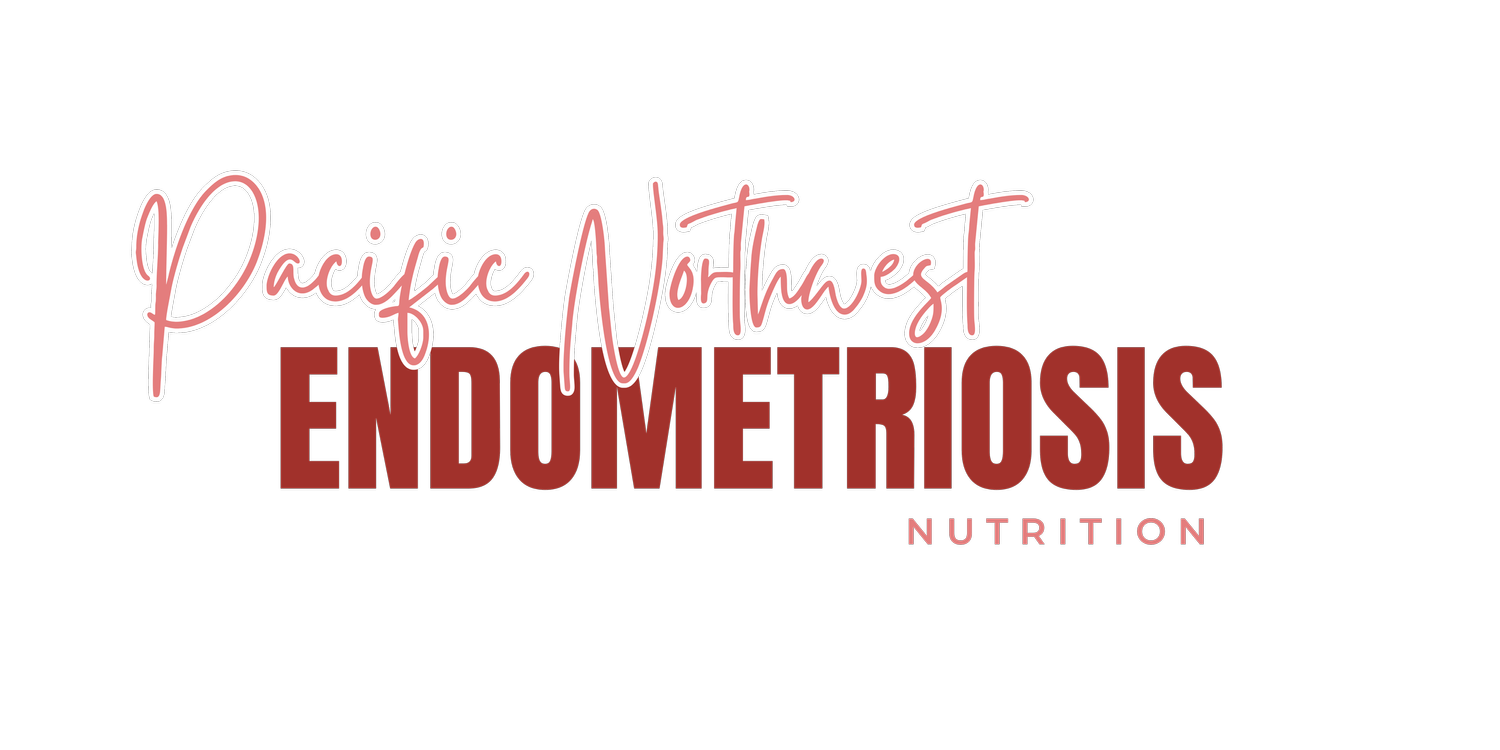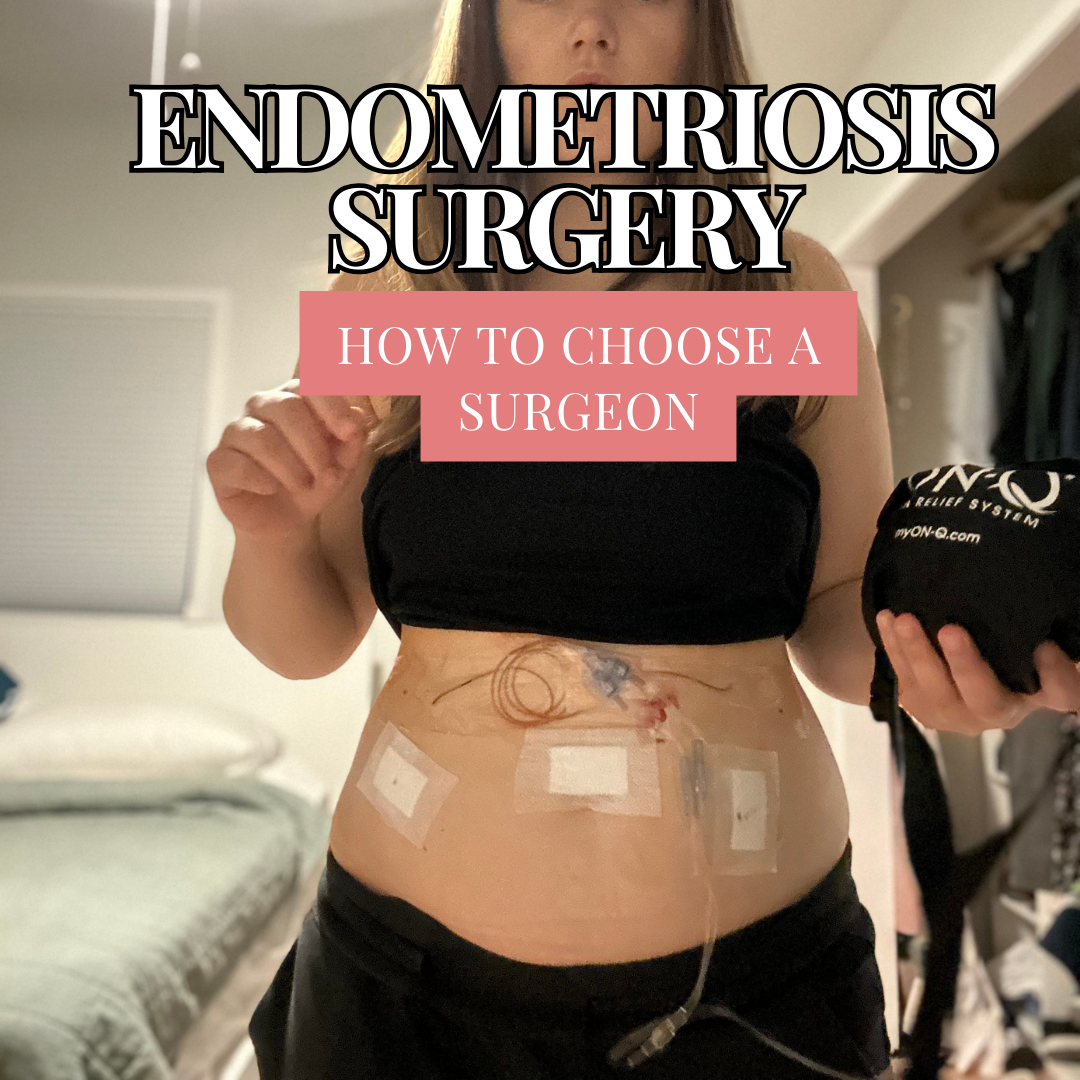Choosing an Endometriosis Surgeon
How to Choose the Right Endometriosis Surgeon: A Guide to Empowering Your Health Journey
Navigating the world of endometriosis care can be daunting, especially when seeking the right surgeon to address your needs. A skilled and compassionate endometriosis surgeon can significantly improve your treatment outcomes, quality of life, and peace of mind. But how do you identify the best fit for your care? In this post, I’ll guide you through key factors to consider and the critical questions to ask potential providers, ensuring you make an informed decision.
Why the Right Surgeon Matters
Endometriosis is a complex and often misunderstood condition. Effective surgical treatment requires specialized training, experience, and a patient-centered approach. Not all gynecologists or surgeons are trained to handle the intricacies of endometriosis surgery, making it essential to seek an expert in the field to improve symptoms and reduce the risks and costs associated with needing multiple surgeries.
Questions to Ask When Evaluating an Endometriosis Surgeon
Here’s a comprehensive list of questions to help you evaluate potential surgeons. These questions will clarify their expertise, approach, and philosophy, ensuring they align with your needs and expectations:
What are the provider’s beliefs about the origin of endometriosis?
Understanding their perspective on the disease can give you insight into their treatment philosophy.
Does the provider specialize in endometriosis and pelvic pain, or do they also provide general GYN and obstetric care?
Specialists often have more profound expertise and experience compared to generalists.
Did they complete a MIGS (Minimally Invasive Gynecologic Surgery) fellowship? Did they receive endometriosis-specific training as part of this?
Advanced training ensures that the surgeon is adept at complex surgical techniques.
How long have they been treating endometriosis, and how many cases do they treat yearly?
Experience matters. A surgeon with a high volume of endometriosis cases is more likely to be familiar with rare or complicated scenarios.
What is their approach to hormonal treatments before and after surgery?
Surgeons may have differing views on the role of hormones in managing endometriosis; knowing their stance helps to determine if their treatment plans align with your health goals.
Are they board-certified?
Certification ensures they meet rigorous standards of training and practice.
Do they excise/resect all endometriosis, no matter where it is located (e.g., bowel, appendix, ureters, bladder, diaphragm)?
Comprehensive excision is crucial to symptom relief and reducing recurrence. If they don’t feel comfortable operating on all impacted organs, it could leave you needing another surgery.
Do they exclusively perform excision (cutting) or ablate/cauterize (burn)?
Excision is considered the gold standard for treating endometriosis, while ablation may not address deeper lesions effectively.
Can they provide you with information about their outcomes?
Ask about recurrence rates, complication rates, and patient satisfaction to gauge their success.
Do they send all tissue to pathology, and will you have access to photos and notes post-surgery?
This ensures thoroughness and transparency in your care.
Do they intend to remove any organs as part of endometriosis care, and why?
Knowing their criteria for organ removal (uterus, ovaries, fallopian tubes, appendix) is essential to understanding their approach. A hysterectomy is not a cure for endometriosis.
Will they address adhesions during surgery, and how do they prevent further adhesions?
Adhesions can cause significant pain and complications; prevention and treatment are critical.
Have they been collaborative, respectful, and approachable?
Trust your instincts. A good provider should make you feel heard, respected, and comfortable.
Final Thoughts
Your choice of surgeon is one of the most critical decisions in your endometriosis journey. Research, ask the right questions, and trust your intuition. With the proper support, you can take control of your health and improve your quality of life. Many people feel better after excision surgery, but it is common to have lingering symptoms. Including nutrition, pelvic floor physical therapy, and relaxation can significantly help prepare you for surgery and help minimize endometriosis symptoms after surgery.
If you have questions or need further guidance, please reach out. Let’s empower your journey together!


